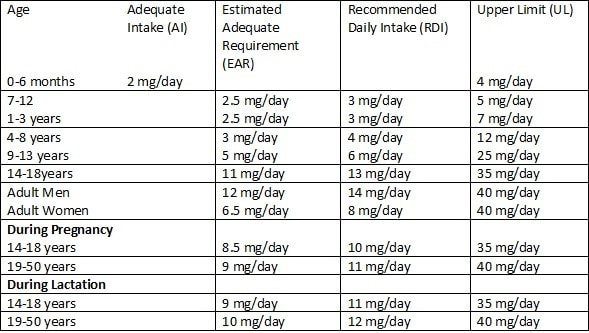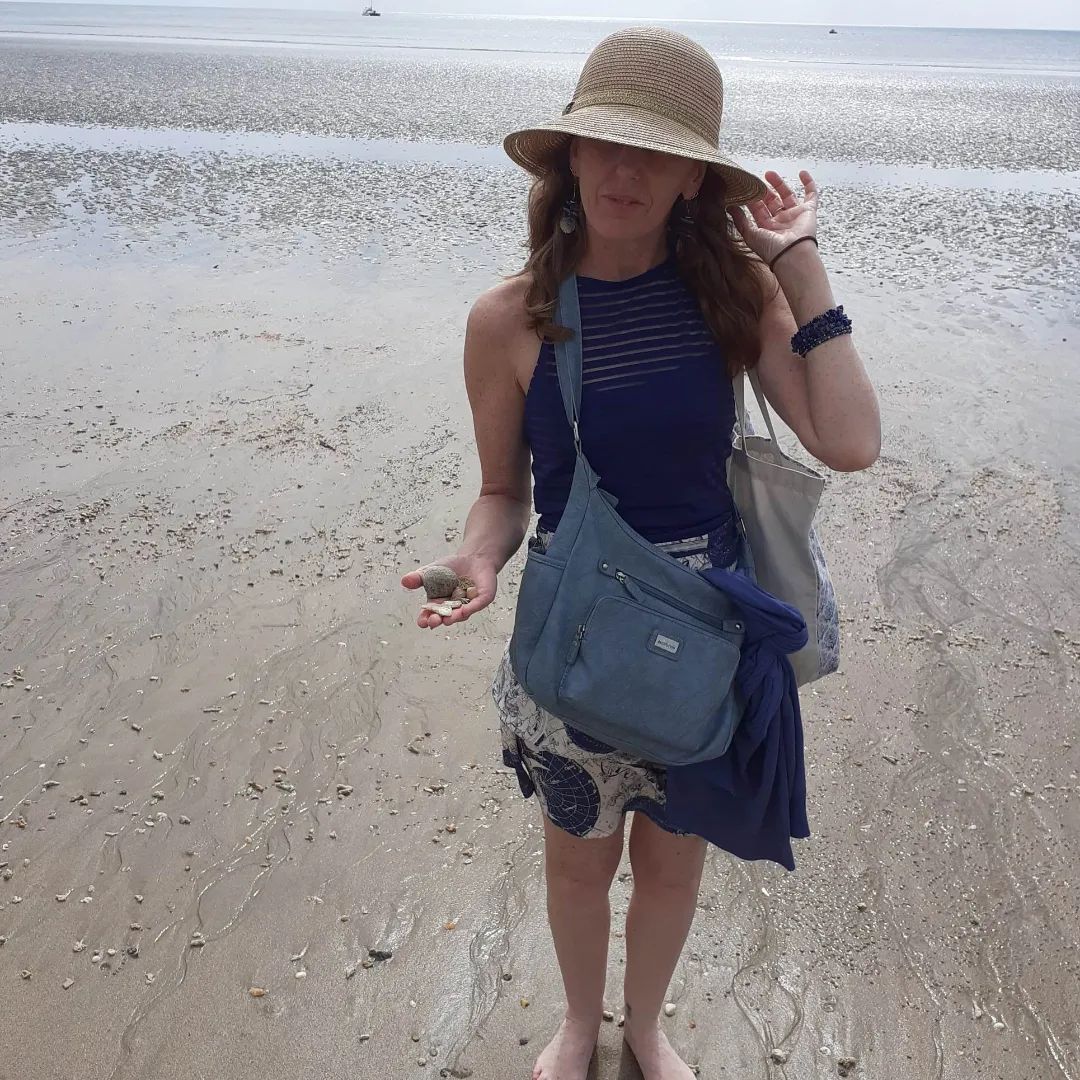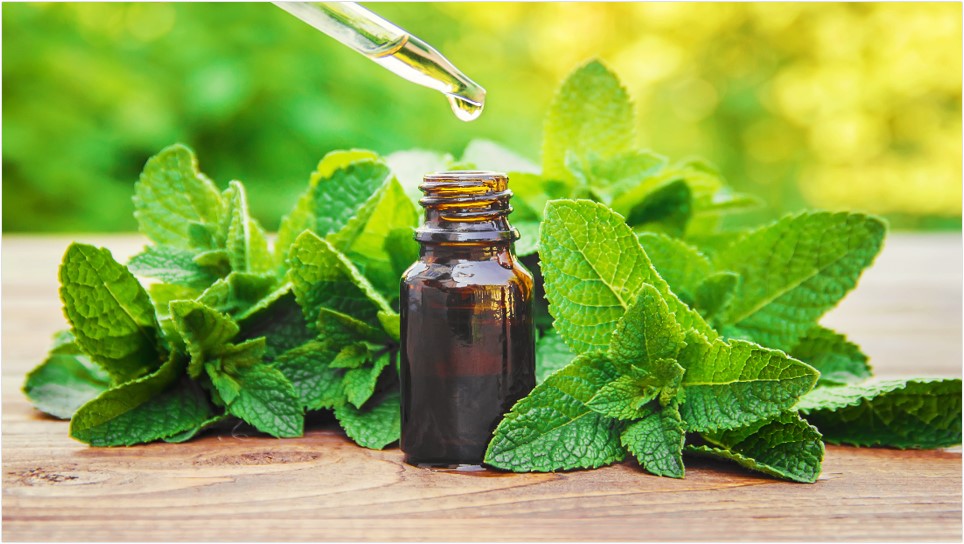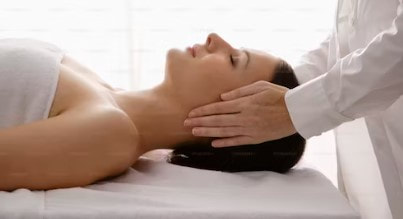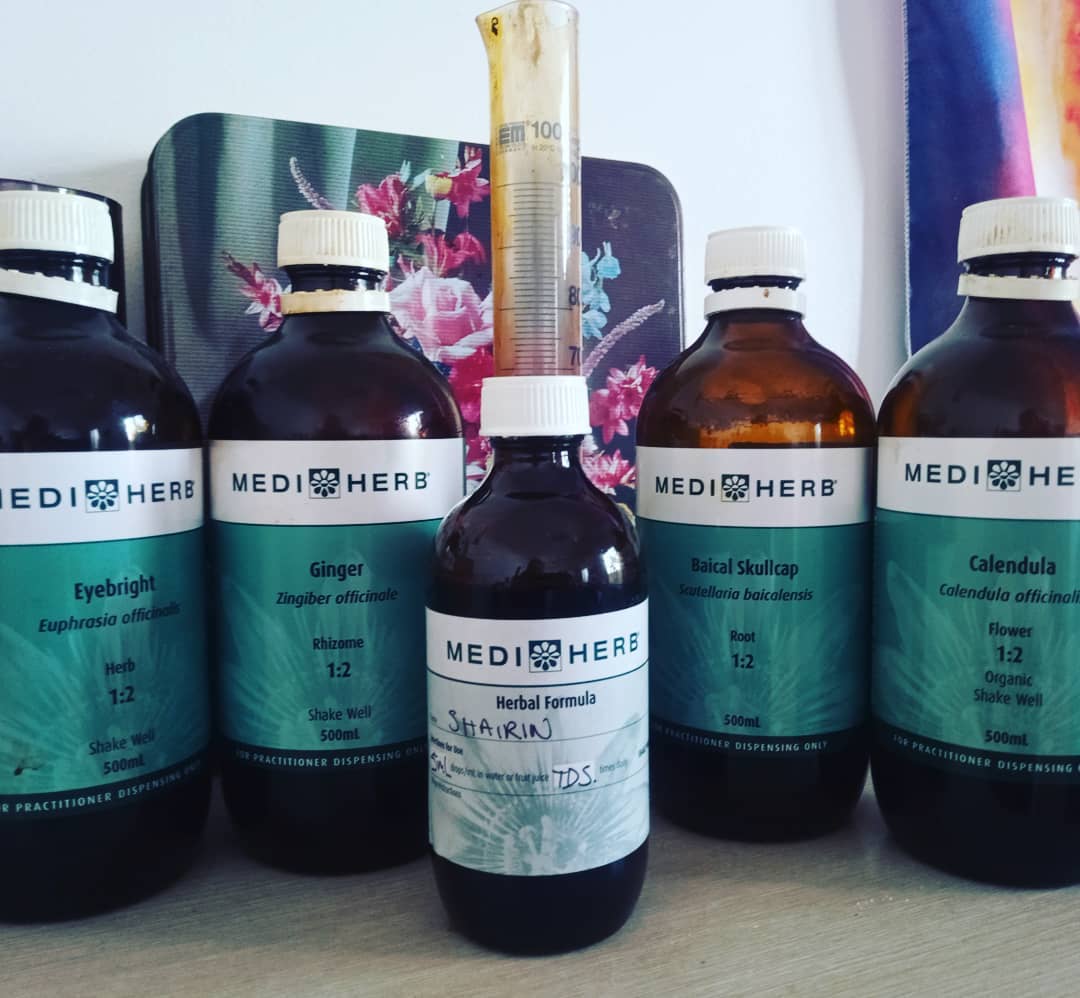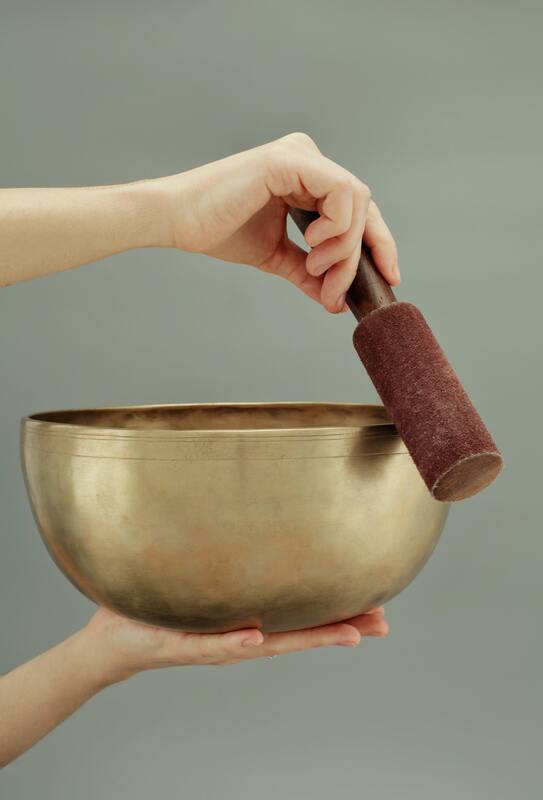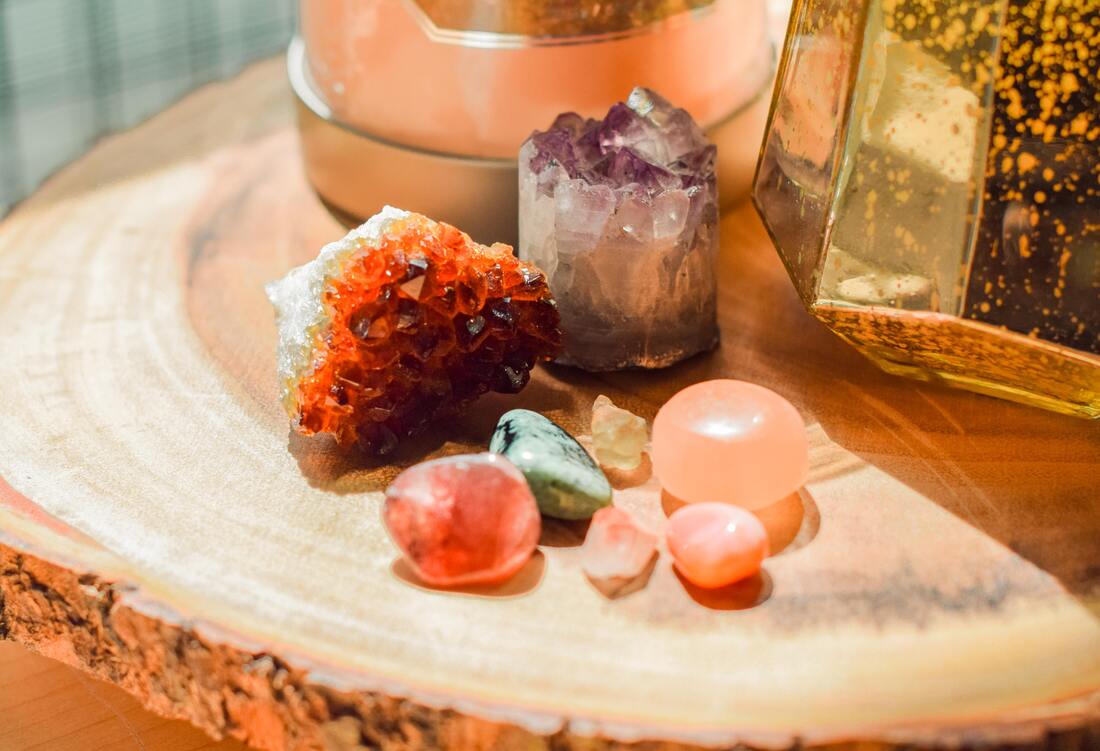|
Vitamins and Minerals are found in foods and many of them we get enough of when we eat a balanced and varied diet. They are not optional they are ESSENTIAL for Human biological function because the body cannot make them within itself. They act as structural elements, cofactors and coenzymes in many molecules and biochemical reactions. The reason we eat is because we need these molecules to live. A balanced and varied diet is the right amounts of Protein, Carbohydrates and Fats (the Macronutrients), Water and the Micronutrients – Vitamins and Minerals gained from eating all different kinds of foods daily. These days we have a huge range of vitamin and mineral products that we can choose to supplement our diet with. They aren’t the same as getting nutrients from your food, they are processed products. Not meant to replace foods but as a supplement to your diet (daily food intake) when your body is not getting enough or when it needs more. That is why they often have that on the label and why some people scoff at the very notion of taking supplements. The balanced perspective is that Vitamins and Minerals are essential to human life and deficiencies or low levels (status) reduce the body’s ability to perform biochemical functions that require those molecules. Yet consuming amounts over the scientifically determined Upper Limit (UL) causes another set of problems related to how the body uses, stores, transports and excretes the vitamin or mineral. At best your body will release the excess in urine as is the case with most water-soluble vitamins (the Bs and C) thus causing the much-emphasised expensive neon wee. At worst overconsumption of Vitamins and Minerals can cause a severe adverse reaction and the ultimate demise of the life that one was trying to maintain the health of. [Aside: the authors avid HHGttG reader status shining through here.] When buying yourself supplements stick to the dose on the label. The risk of adverse reactions from vitamin and mineral supplements is deemed as low by the Therapeutic Goods Authority of Australia (TGA) [and equivalent regulatory bodies across the globe] if taken within the recommended guidelines and Authorised label instructions. This is why these products are listed as Aust L medicines or Food Products whereas pharmaceutical drugs and some over the counter medicines are Aust R (regulated because the risk of harm is greater). Prescription and Practitioner Only MedicinesYou’ll notice that prescription medicines don’t have a dose on the packet as the Doctor makes a clinical decision on the dose right for you. Similarly 'Practitioner Only Products’ prescribed by Natural Health Practitioners also don’t have a dose or instructions on the label because similarly these are required to be tailored to the individual and must have an affixed label with patient name, credentials and dosage instructions, as required by law via the Therapeutic Goods Act and overseen by the Therapeutic Goods Authority. When they say Always read the Label and Follow Directions they are not kidding. Products are tested to work and be safe within the use outlined on the product or in the dose and period of use prescribed by your Health Professional. Going outside of these directions puts you at risk Your Health Professional will prescribe your dose based on many different factors including your health status, age, weight, requirement, the clinically proven therapeutic dose, the upper limit including food sources and taking into account the other medical conditions you have and any pharmaceutical, herbal or nutritional medicines that you are taking. If you are taking any prescription or over the counter medicine it is essential that you read the Consumer Medicines Information (CMI). It used to come as a leaflet with the medicine and now is available online: https://www.tga.gov.au/consumer-medicines-information-cmi Supplement Safety ResourcesSome other Websites to check for suitabiltiy of your medication with Nutritional Medicines: NPS MedicineWise has searchable CMI's which list things to avoid while taking your medication www.nps.org.au/medicine-finder Better is the Medscape drug interaction checker which will cross reference supplemental herbs and nutrients with medications: During your Naturopathic Consultation I will note all your medications and am able to prescribe Herbs, vitamins and Minerals that are safe to take with them. Often Foods can be a great and delicious way to increase nutrient intake and avoid any risk of interaction. Contact me, Book your session or Purchase and complete a totally online Supplement Safety Review form which will provide you with a report of current supplements to avoid or explore for optimal health.
Zinc is an essential mineral that is needed by many of the immune system cells to function. Zinc is used throughout the body as a structural, regulation and catabolic enzyme cofactor. Many Vitamins and Minerals are Cofactors which means that they need to be present for the biochemical reaction to occur. Zinc is also important for skin and mental health. Of significant interest currently is Zinc's clinically studied benefits in reducing the occurence and severity of pneumonia. Benefit is shown for people whom eat enough food to reach their daily Zinc requirement with deficient intake linked to poorer health outcomes. I have outlined how you check to see if you are getting enough zinc, after the pneumonia related refereces below. Many studies have shown that Zinc deficiency is common in the elderly and that patients with adequate Zinc levels had significantly lower rates of infections including pneumonia and faster recovery from pneumonia. Zinc: a new risk factor for pneumonia in the elderly?https://www.ncbi.nlm.nih.gov/pmc/articles/PMC2854541/ This observational study draws on other studies and recommends supplementing 30mg of Zinc per day to deficient patients. Science Daily also reported on this study here: https://www.sciencedaily.com/releases/2010/08/100810122045.htm This World Health Organisation Article is about Zinc reducing lower respiratory infections in children yet the data on Zinc mechanisms and outcomes is still relevant https://www.who.int/elena/titles/bbc/zinc_pneumonia_children/en/ Another study linking Zinc deficiency with worse pneumonia outcomes: https://www.sciencedirect.com/science/article/pii/S0422763815301217 I am in no way saying that Zinc will prevent a Virus. The clinical data does show reduced incidence and severity of pneumonia when a person’s zinc status is adequate. Don’t overdo Zinc though. Whilst adverse effects from Zinc deficiency are much more likely to affect people than acute zinc intoxication it is important to note that exceeding the upper limit of Zinc is harmful. Clinical copper deficiency has been confirmed in patients taking 121.25 and 150 mg of zinc per day to treat medical conditions. These patients had anaemia, neutropenia, leukopenia (iron deficiency and reduced white blood cells). This is because during absorption in the intestine, within enterocytes (intestinal wall cells) Zinc competes with copper for intestinal uptake (absorption). High zinc causes more copper to be excreted without being absorbed. 225 to 400mg of Zinc is an emetic dose ie will make you vomit and excrete. The essential toxin: impact of zinc on human health Supplementation of 80mg of Zinc oxide in the first study mentioned was related to an increase in genitourinary disorders among the nursing home patients. Whilst we do consume zinc in our food the elderly often eat less and their digestion processes are less robust. Zinc supplementation seems to reduce instances and severity of pneumonia in the elderly that have a Zinc deficiency. Whilst a bigger clinical trial is needed the evidence so far indicates that there is an effect and if the combined supplement and food intake of Zinc is within Recomended Daily Indake levels than it will do no harm and potentially help. Zinc rich Foods: Oysters, Beef, Whole Grain Cereals, Wheat germ, Baked beans, Turkey, Lamb, Sesame Seeds, Crab, Cowpeas, pumpkin seeds, adzuki beans, wild rice, peanuts, soybeans, chicken, veal, pine nuts, white beans, rice bran, sunflower seeds, black beans, peas, lentils, cashews. List of Zinc content in a range of specific foods here: https://ods.od.nih.gov/pubs/usdandb/Zinc-Content.pdf Beef mince pan fried contains 6mg of Zinc per 85 grams Pumpkin seeds contain 10.07mg of Zinc per 1Cup/129g The total daily recommended amount of minerals and vitamins includes the amount that you eat as well as any and all supplements that you take. Total combined Daily food and supplement intake of Zinc:EAR and RDI determined as the average percentage of Zinc that is absorbed by the intestine in humans PLUS the amount of zinc needed to replace the amount of Zinc excreted or lost by the body daily via urine, sweat, bowels and for men semen. https://www.nrv.gov.au/nutrients/zinc How do I know if I am Zinc deficient? Have a look at the list of Zinc rich foods. Do you eat these daily? If you eat a lot of these enough to take you up to around the RDI for Zinc per day then you are probably fine. Unless you have an absorption problem due to intestinal disease or inflammation such as Coeliac, IBS, Crohns, Bowel cancer or skin conditions which affect absorption and increase Zinc requirements.
If you are not eating enough of these foods especially vegetarian diets which exclude meat then it is in your best interest to supplement. But use a good quality one and stick to a safe limit. Taking a higher dose when you’re sick or sometimes to quickly address a severe deficiency should only be done short term ie when you have illness symptoms or for one to two weeks. Don’t go over the upper limit and don’t continue to take an excessive amount for a long time as you will be damaging your body. Excess zinc reduces copper absorption and iron causing deficiency in those minerals. Simply adding a few Zinc rich foods to your diet will ensure that your body has all the zinc that it requires for a robust Immune System and your skin and mood will thank you too. |
AuthorShairin - Naturopath and Usui Reiki Master/Teacher Ba. Health Science (Complementary and Alternative Medicine and Medical Systems - Naturopathy) is passionate about accurate natural medicine advice and teaching people how to enhance their natural health care in daily life. Categories
All
Archives
June 2024
|
